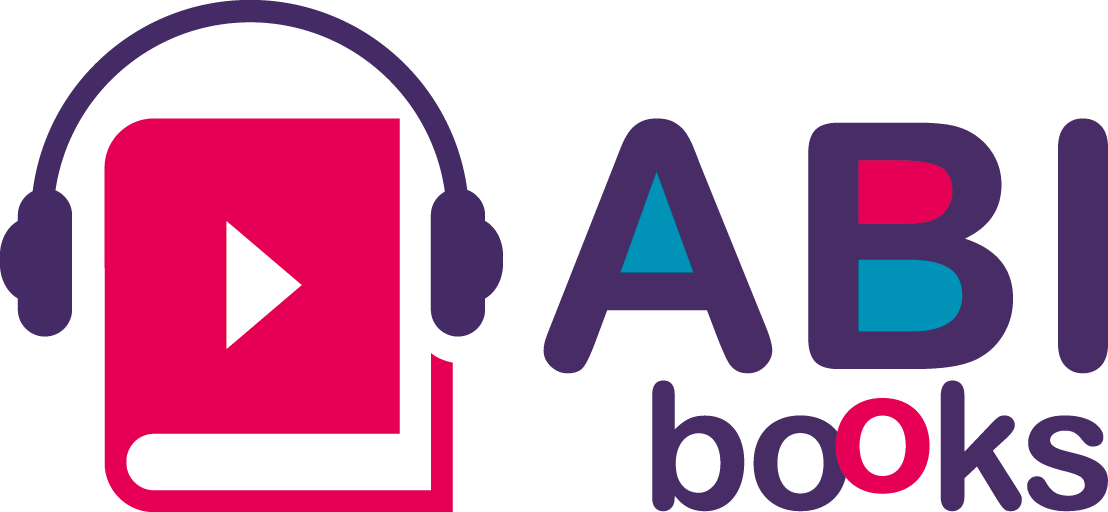During the last decade, the rapid evolution of the Internet has turned the tide on the areas of learning as well. In this situation, Covid years have been added and they have imposed the integration of e-learning into the school reality. The learning procedure is now taking place on the Internet too and is necessary for children to know how they will be able to access this new approach of learning. In this technology-rich environment our aim is to help them increase their interactivity with digital technology.
As it has been observed, students face the procedure of learning in various fields ( literacy, math, science etc) more positively when it happens in a way that they are personally involved. With interactive learning, students are invited to participate in a global community, through technology (online reading, storytelling and math programs). In addition, interactive learning has many advantages in the acquisition of many skills. For instance, it sharpens critical thinking skills, which are fundamental to the development of analytic reasoning. It, also, encourages children to participate, discuss, engage and play with the digital material. Last but not least, computing skills and cooperation will be enhanced by the use of interactive learning materials.

What about a digital library as an interactive learning tool?
The partners (Les Apprimeurs, Logopsycom, ARTeria, Arsakeio Kindergarten, Bastia Umbria, Take Ionescu) will develop a library of existing interactive books and other resources for the acquisition of basic skills (literacy, orality, math, science, world, health, foreign language). It will contain a collection of 100 interactive books and other resources, classified according to parameters such as age, language, reading/math level, topic, price, and more for platform users to find the best match to their needs and expectations.
In this digital library e- books will be included for educators and parents to find the content they need for the appropriate age-range, language, level of literacy or the topic of mathematics. The material and platform will also be selected and designed according to accessibility criteria for people with specific needs.
Why a digital library?
Digital Library has no physical boundaries, you can get easy access to it all over the world through an internet connection and at any time. Same resources can be used simultaneously, by a plethora of users. Furthermore, it gives user-friendly interfaces, giving clickable access to its resources and it does not need much space (Fox, 2001).
In a general way, let some necessary elements of digital libraries be mentioned: digital collections, resources, media, connections, links, storage, access, interaction search, availability, users, communities, integration and cooperation with other resources, libraries, or services (Saracevic, 2000).
Why “ABI books” library?
Technological innovations provide new possibilities to transform the teaching and learning process. Our project “ABI books” will offer free resources including an interactive library of books and resources for basic skills acquisition. We will also create training material on interactive learning and storytelling that allow the acquisition of basic skills in the children’s early education.
Interactive learning through digital libraries is a choice, isn’t it?
The emergence of new technology and the research on people’s mentality are rapidly changing the classroom as well. Current generations of educational technology are moving towards models and theories that are expected to provide the insights necessary to advance educational technology research towards auspicious new directions (Samaras, Giouvanakis, Bousiou, & Tarabanis, 2006). The Project “ABI books” was created to tackle the problems of the existing knowledge gap in early childhood. It aims to improve the qualifications, readiness and collaboration between professionals in Early Childhood Education and Care, professionals in primary education and parents by producing ready-made interactive books.
Are you ready to navigate through the interactive books that will be proposed?
“ABI books” Digital library is loading…
References:
Fox, E. A. (2001). Overview of digital library components and developments.
Samaras, H., Giouvanakis, T., Bousiou, D., & Tarabanis, K. (2006). Towards a new generation of multimedia learning research. AACE Journal, 14(1), 3-30. Chesapeake, VA: AACE.
Saracevic, T. (2000). Digital library evaluation: Toward an evolution of concepts.
